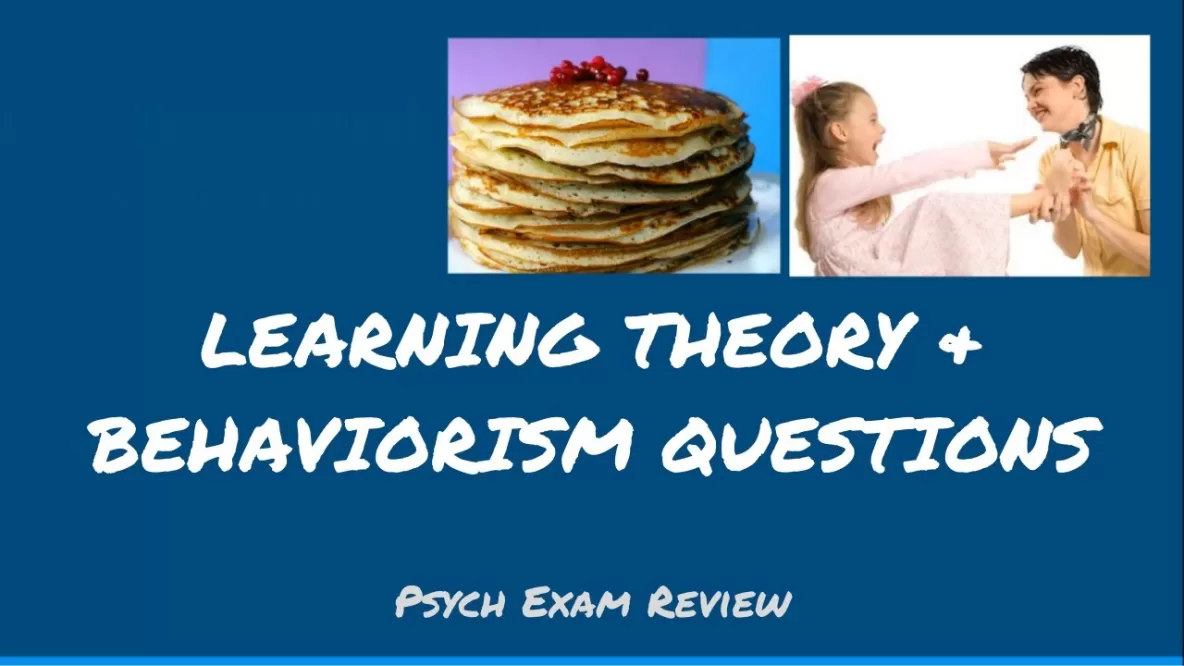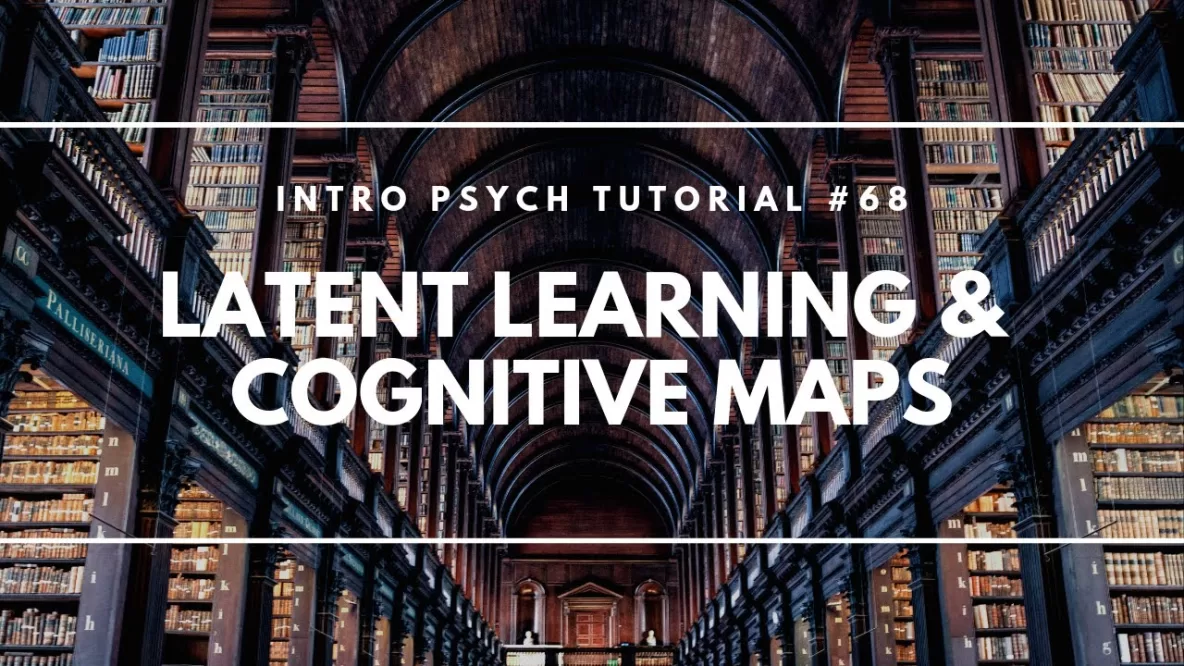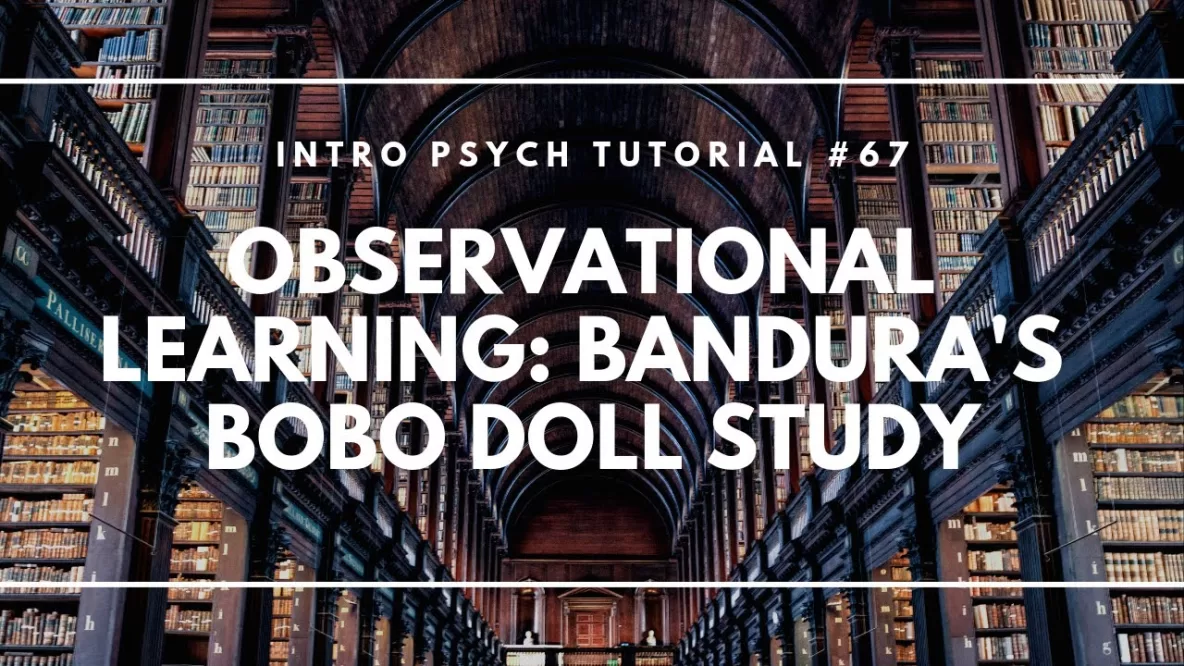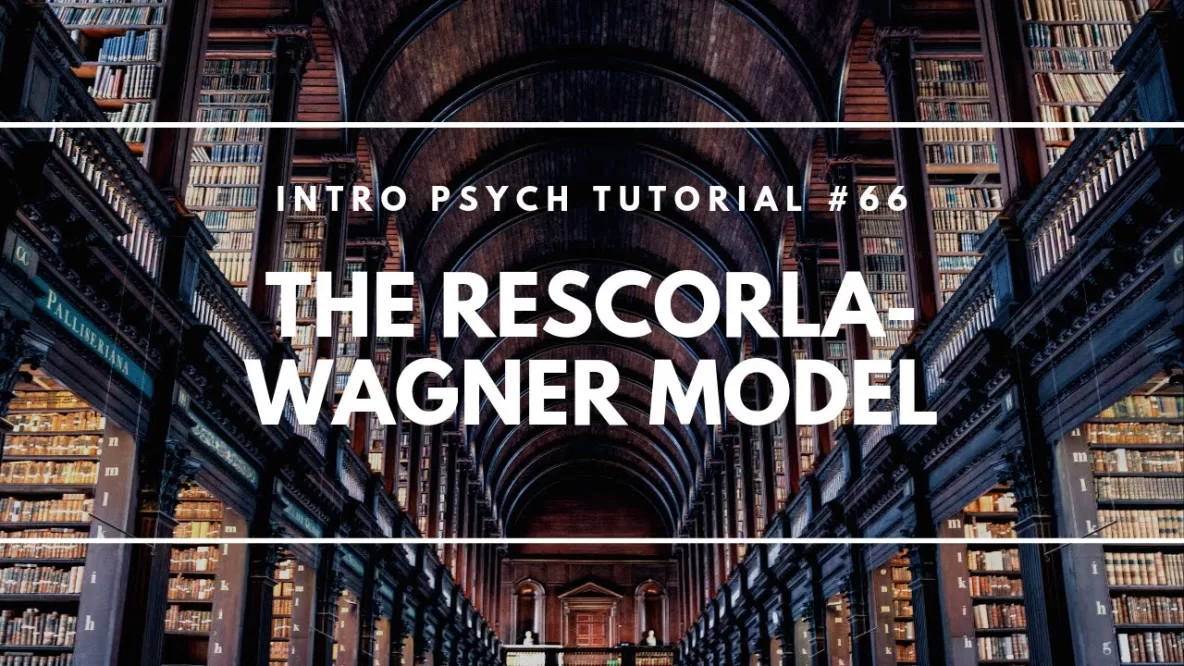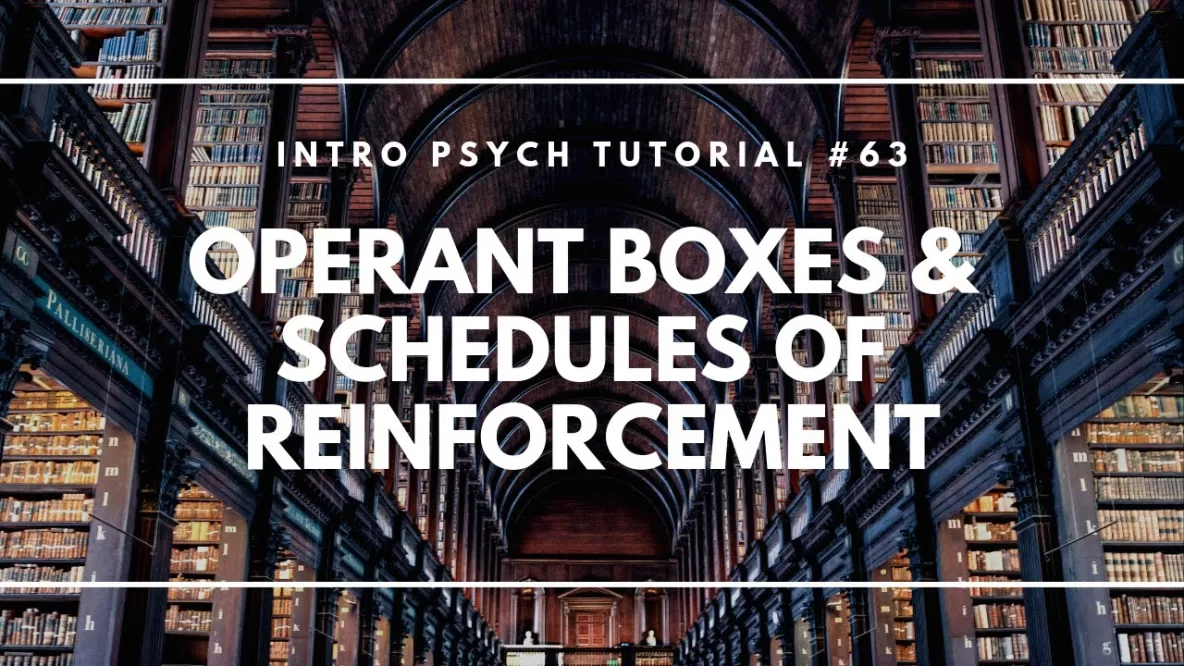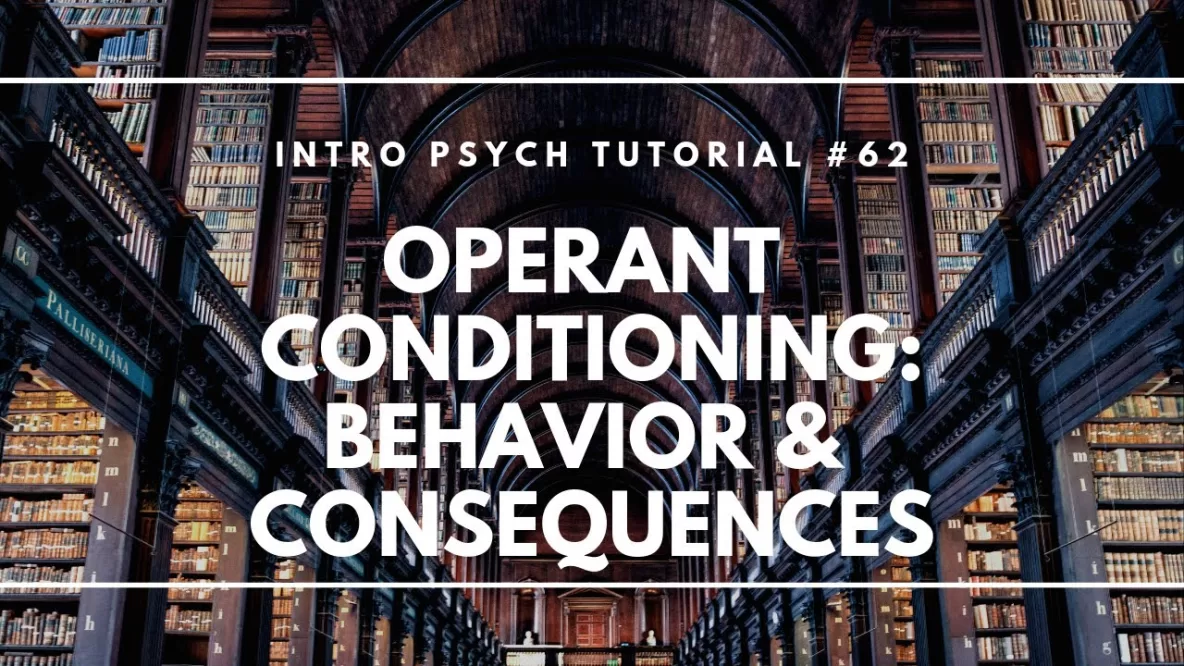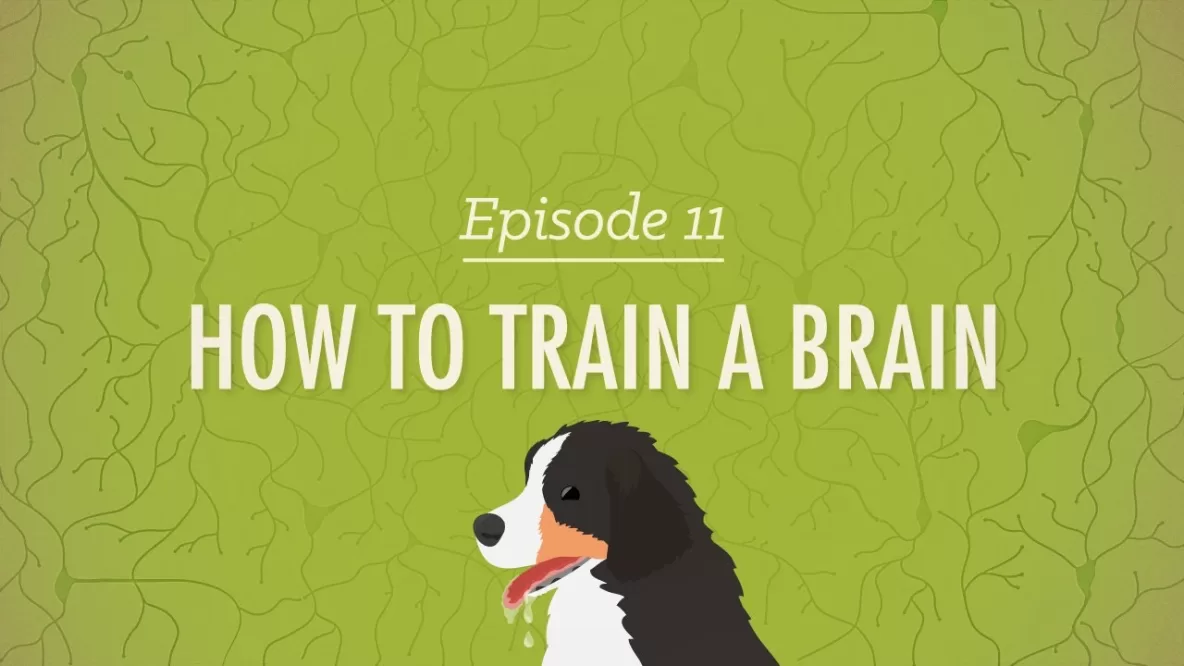The following video includes 10 practice multiple choice questions related to learning theory & behaviorism. I hope that these can help you to test and assess your own knowledge and provide practice retrieving the terms, ideas, and concepts that you’ve … Read More
Language Acquisition: Skinner vs. Chomsky
In this video I introduce language acquisition as a type of learning that isn’t explained well by the behaviorist principles we saw in the unit on learning theory. In the next few videos we’ll be looking at linguistics and language … Read More
Abstract Learning & Insight Learning
In this video I describe abstract learning and insight learning as types of learning that both require internal cognitive processing. Abstract learning demonstrates how mental concepts and categories relate to stimulus generalization while insight learning demonstrates the use of mental … Read More
Latent Learning & Cognitive Maps
In this video I explain the concept of latent learning using two studies conducted by Edward Tolman and colleagues. Latent learning refers to learning that occurs without reinforcement and isn’t demonstrated until an opportunity arises. I also describe the idea … Read More
Observational Learning: Bandura’s Bobo Doll Study
In this video I explain Albert Bandura’s famous “Bobo Doll” study on observational learning and aggressive behavior. In this study, adults modeled aggressive playing behaviors with a Bobo doll which were then performed by children who had simply observed the … Read More
The Rescorla-Wagner Model
In this video I explain the basic idea behind the Rescorla-Wagner model or contingency model of classical conditioning proposed by Robert Rescorla and Allan Wagner. This model suggests that the reason Pavlov’s dogs associated the bell (rather than some other … Read More
Operant Boxes & Schedules of Reinforcement
In this video I describe the operant boxes used by Skinner (often called “Skinner boxes”) to study the relationship between different schedules of reinforcement and behavior. Then I describe 4 possible schedules of reinforcement including fixed-ratio, variable-ratio, fixed-interval, and variable-interval, … Read More
Operant Conditioning
In this video I explain the difference between classical conditioning and operant conditioning. Next I explain Thorndike’s work with cats in puzzle boxes which led to his Law of Effect. This approach was greatly expanded by B.F. Skinner’s work on … Read More
Operant Conditioning – Schedules of Reinforcement
By closely monitoring the occurrence of behaviors and the frequency of rewards, Skinner was able to look for patterns. Receiving a reward each time the lever is pressed would be an example of continuous reinforcement. But Skinner also wanted to … Read More
Learning Theory Resources
On this page you’ll find a number of resources for understanding the key concepts of learning theory, including classical conditioning, operant conditioning, observational learning, and more. If I’ve missed a good resource, please share it in the comments section! General … Read More

